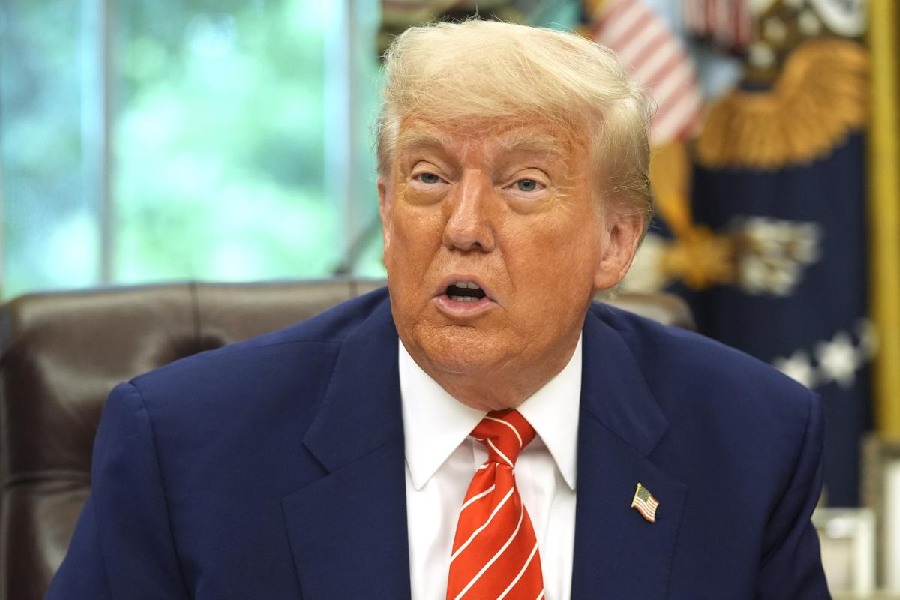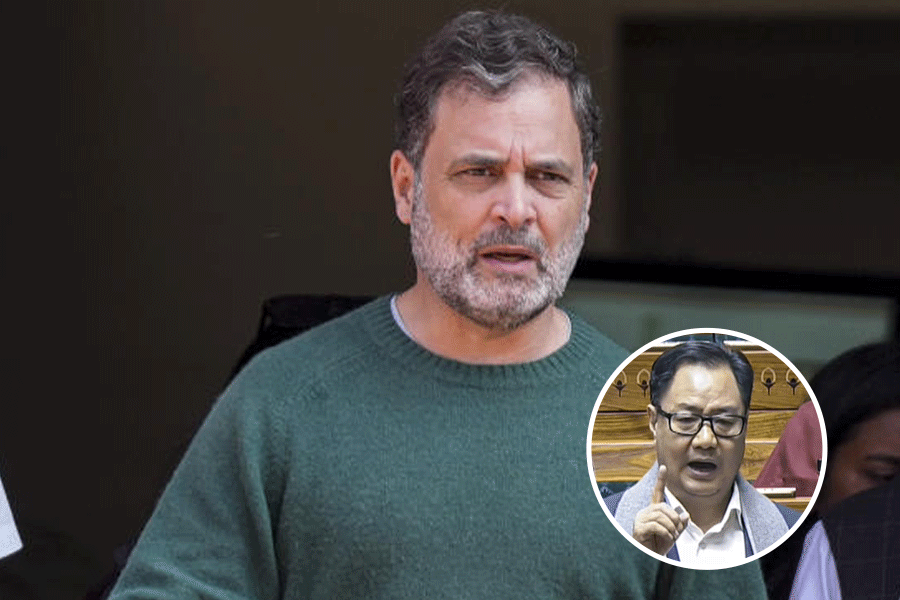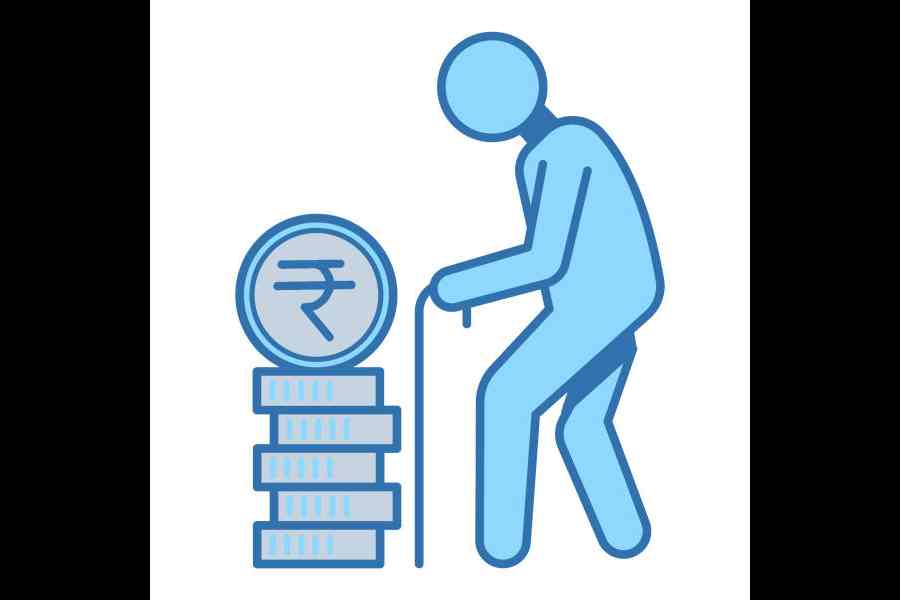U.S. President Donald Trump on Friday said China had violated an agreement with the U.S. to mutually roll back tariffs and trade restrictions for critical minerals and issued a new veiled threat to get tougher with Beijing.
"China, perhaps not surprisingly to some, HAS TOTALLY VIOLATED ITS AGREEMENT WITH US. So much for being Mr. NICE GUY!," Trump said in a post on his Truth Social platform.
Trump said that he made a "fast deal" in mid-May with Chinese officials for both countries to back away from triple-digit tariffs for 90 days. He said he did this to save China from a "devastating" situation, factory closings and civil unrest caused by his tariffs of up to 145% on Chinese imports.
Trump's message did not specify how China had violated the agreement made in Geneva, Switzerland and what action he would take against Beijing.
But a U.S. official told Reuters said it appears China was moving slow on promises to issue export licenses for rare earth minerals.
U.S. Trade Representative Jamieson Greer also told CNBC that China was not in compliance with the Geneva deal, adding: "The Chinese are slow-rolling their compliance, which is completely unacceptable and it has to be addressed."
Greer said the flow of critical minerals from China, which had been cut off by Chinese trade countermeasures, has not resumed as called for by the Geneva agreement.
A spokesperson for China's embassy in Washington did not immediately respond to a request for comment.
Spokespersons for the White House, the U.S. Treasury and the U.S. Trade Representative's Office also did not respond to requests for comment.
On Thursday, Treasury Secretary Scott Bessent told
Fox News Channel
that U.S. trade talks with China were "a bit stalled" and getting a deal over the finish line will likely need the direct involvement of Trump and Chinese President Xi Jinping.
Two weeks after breakthrough negotiations that resulted in a temporary truce in the trade war between the world's two biggest economies, Bessent said progress since then has been slow, but said he expects more talks in the next few weeks.
The U.S.-China agreement to dial back triple-digit tariffs for 90 days prompted a massive relief rally in global stocks. But it did nothing to address the underlying reasons for Trump's tariffs on Chinese goods, mainly longstanding U.S. complaints about China's state-dominated, export-driven economic model, leaving those issues for future talks.










